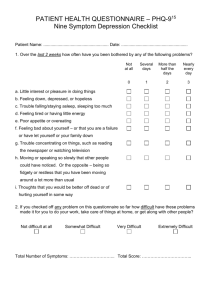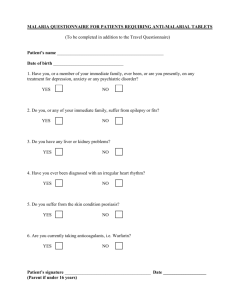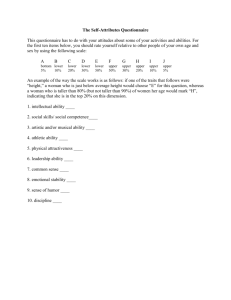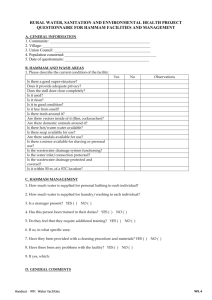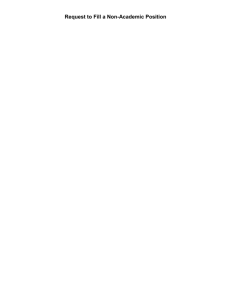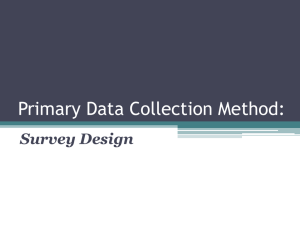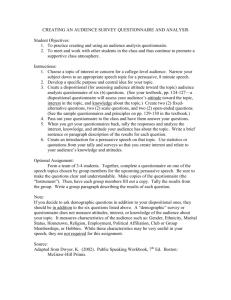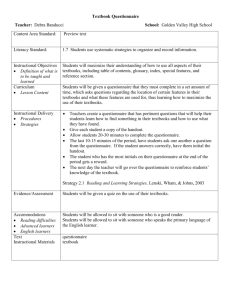Abstract
advertisement
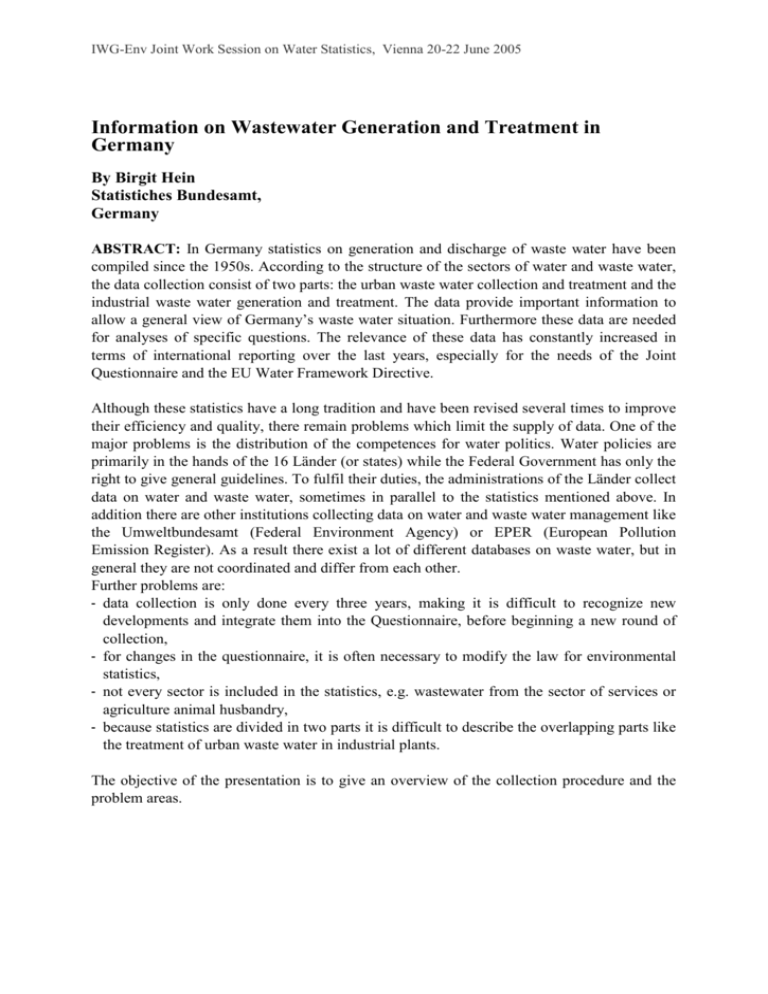
IWG-Env Joint Work Session on Water Statistics, Vienna 20-22 June 2005 Information on Wastewater Generation and Treatment in Germany By Birgit Hein Statistiches Bundesamt, Germany ABSTRACT: In Germany statistics on generation and discharge of waste water have been compiled since the 1950s. According to the structure of the sectors of water and waste water, the data collection consist of two parts: the urban waste water collection and treatment and the industrial waste water generation and treatment. The data provide important information to allow a general view of Germany’s waste water situation. Furthermore these data are needed for analyses of specific questions. The relevance of these data has constantly increased in terms of international reporting over the last years, especially for the needs of the Joint Questionnaire and the EU Water Framework Directive. Although these statistics have a long tradition and have been revised several times to improve their efficiency and quality, there remain problems which limit the supply of data. One of the major problems is the distribution of the competences for water politics. Water policies are primarily in the hands of the 16 Länder (or states) while the Federal Government has only the right to give general guidelines. To fulfil their duties, the administrations of the Länder collect data on water and waste water, sometimes in parallel to the statistics mentioned above. In addition there are other institutions collecting data on water and waste water management like the Umweltbundesamt (Federal Environment Agency) or EPER (European Pollution Emission Register). As a result there exist a lot of different databases on waste water, but in general they are not coordinated and differ from each other. Further problems are: - data collection is only done every three years, making it is difficult to recognize new developments and integrate them into the Questionnaire, before beginning a new round of collection, - for changes in the questionnaire, it is often necessary to modify the law for environmental statistics, - not every sector is included in the statistics, e.g. wastewater from the sector of services or agriculture animal husbandry, - because statistics are divided in two parts it is difficult to describe the overlapping parts like the treatment of urban waste water in industrial plants. The objective of the presentation is to give an overview of the collection procedure and the problem areas.


